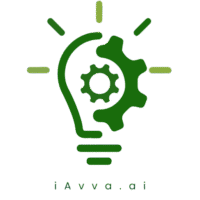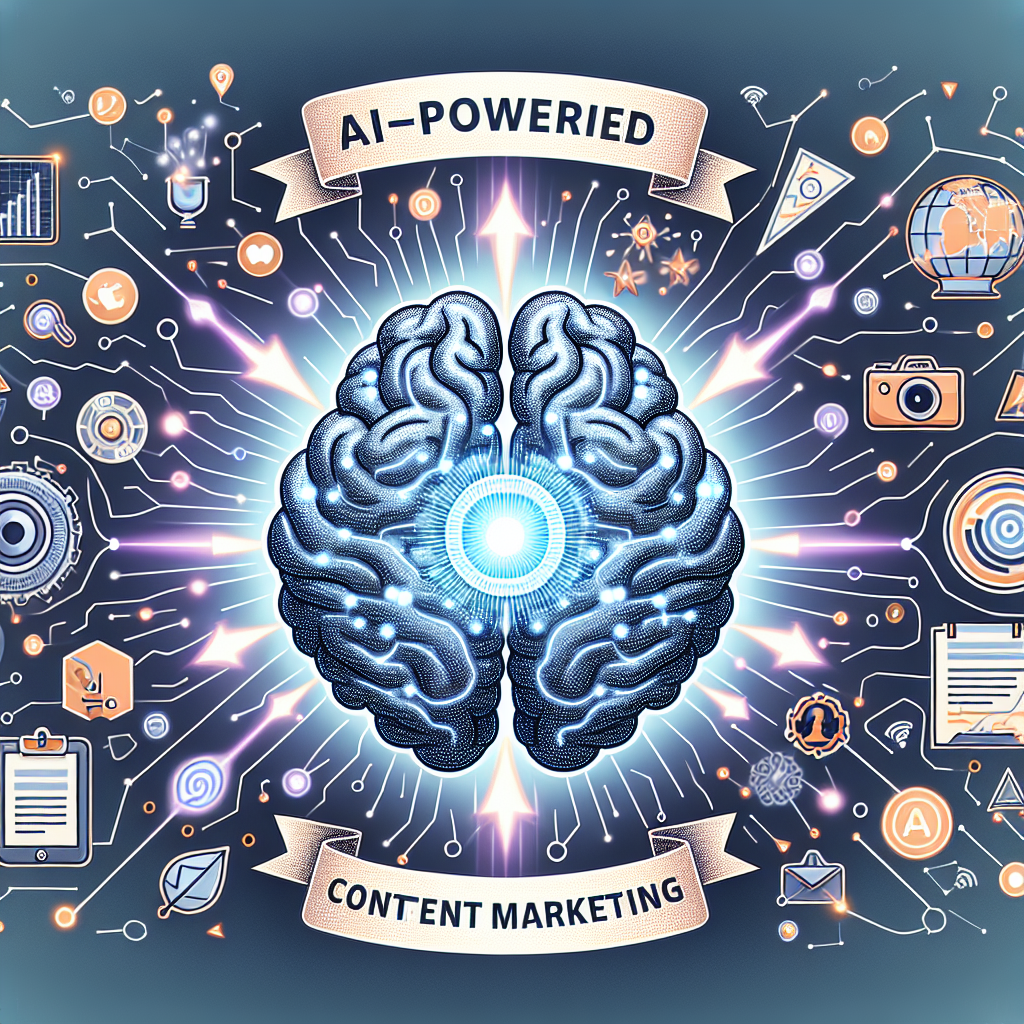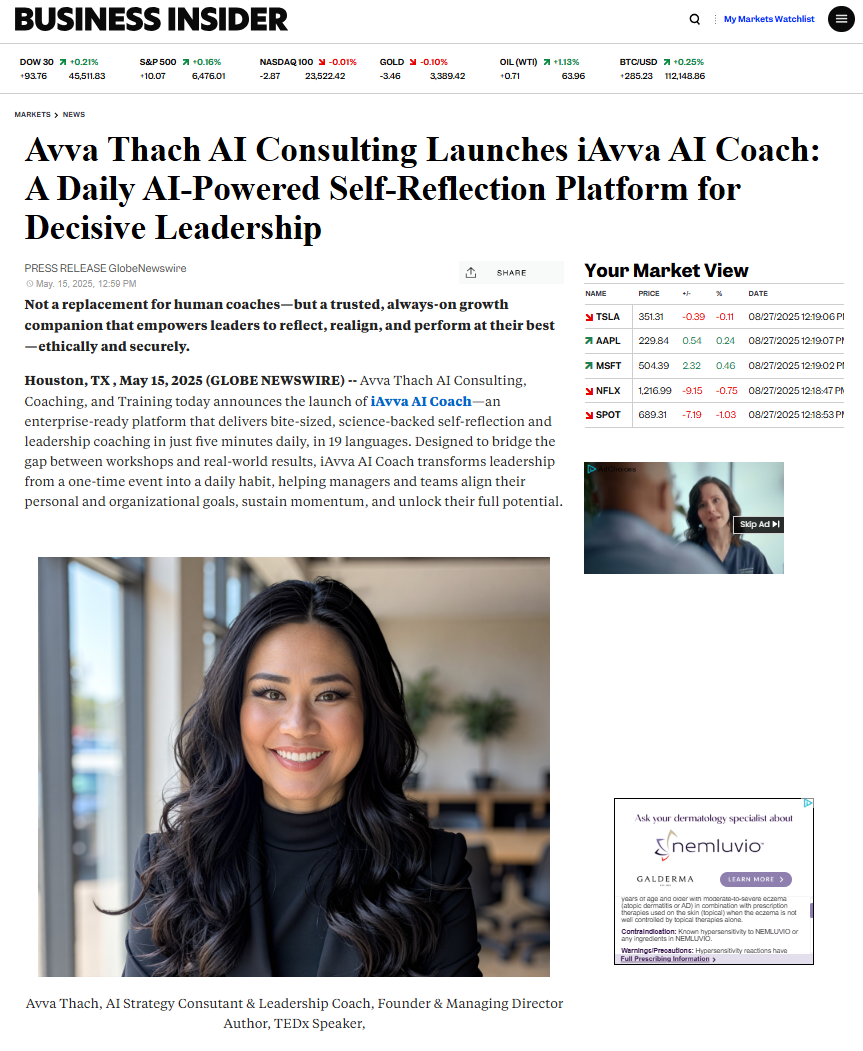Smart Coaching Technology vs. Traditional Methods: A Comprehensive Analysis for Modern Learners
In the rapidly evolving landscape of learning and development, the integration of artificial intelligence (AI) in coaching presents both exciting opportunities and challenges. As businesses strive to streamline operations and enhance personal development, understanding the contrasts between smart coaching technology and traditional methods is essential. This comprehensive analysis explores how AI coaching platforms, virtual coaching with AI, and other digital solutions are transforming the way we learn and grow.
The Rise of AI Coaching Platforms
Picture this: it’s 2030, and you’re sipping your morning coffee, pondering how far we’ve come in the world of personal and professional development. Remember the days when you had to book an appointment with a coach who might as well have lived on Mars for all the scheduling conflicts? Those days are rapidly becoming a relic of the past, thanks to the revolutionary rise of AI coaching platforms.
AI coaching technology is not just a buzzword; it’s a game-changer that’s transforming how we approach learning and development. With the global AI in education market poised to soar from .7 billion in 2022 to an astronomical height at a CAGR of 36.4% from 2023 to 2030 (Grand View Research), it’s time we recognize its impact.
What’s Driving This Evolution?
- Personalization: Unlike traditional coaching methods that often follow a one-size-fits-all approach, AI platforms offer personalized insights using machine learning algorithms. It’s like having your very own digital Sherlock Holmes!
- Scalability: The beauty of AI coaching is its ability to cater to multiple learners simultaneously without compromising quality. Gone are the days when your coach had more clients than social media followers.
- Accessibility: With virtual coaching powered by AI, individuals can access their coaches anytime, anywhere. No more excuses about traffic jams or lost Zoom links—you can get guidance even in your pajamas!
An Array of Features
AI coaching platforms offer a smorgasbord of features designed to enhance learning experiences:
- Interactive Guidance Systems: These provide real-time feedback and adaptive learning pathways based on individual performance.
- Cognitive Computing: By analyzing vast amounts of data, these systems offer insights into potential improvement areas—ever wondered why you’re stuck on level nine? Your AI has answers!
- A/B Testing for Growth Strategies: Experiment with different approaches and measure outcomes without waiting for quarterly reviews.
The Humor in Transition
If you’re worried about robots taking over (we’re looking at you, sci-fi enthusiasts), fear not! These intelligent systems are designed to complement human coaches, not replace them. Think of it as Batman’s utility belt—sure, he could do some damage on his own, but those nifty gadgets really up his superhero game!
The journey towards integrating artificial intelligence in coaching is just beginning. As businesses embrace these dynamic tools, leaders can look forward to unlocking unprecedented growth opportunities driven by data-informed decisions and innovative solutions—because who said you can’t teach an old dog new tricks?
Virtual Coaching with AI vs. Traditional In-Person Coaching
The age-old debate of AI coaching versus traditional in-person coaching is akin to comparing apples to, well, AI-generated oranges. Both have their merits, but the key differences are as stark as night and day—or should we say, digital and analog?
Accessibility and Convenience
- AI Coaching: Imagine receiving career advice from an AI coach while sipping your morning coffee in pajamas. Virtual coaching platforms offer unparalleled convenience and flexibility. You can engage with AI-driven coaching apps anytime, anywhere, making it a perfect solution for busy professionals.
- Traditional Coaching: While nothing quite beats face-to-face interaction, coordinating schedules for in-person sessions can sometimes feel like planning a summit between world leaders.
Personalization and Adaptability
- AI Coaching: Leveraging machine learning algorithms, AI coaches adapt to individual learning styles and needs. They harness data analytics to provide personalized feedback, ensuring each session is tailored perfectly—like a bespoke suit that never gets wrinkled.
- Traditional Coaching: The human touch offers a level of empathy and emotional intelligence that’s hard to beat. However, the personalization largely depends on the coach’s experience and may lack the same rapid adaptability found in intelligent coaching systems.
Cost-Effectiveness
- AI Coaching: With many digital mentor solutions, you get more bang for your buck. Automated services often come at a fraction of the cost of regular sessions with human coaches.
- Traditional Coaching: While potentially pricier, investing in seasoned professionals could be worth every penny for those seeking personal insights that only years of wisdom can impart.
The Learning Curve: Human Insight vs. Data-Driven Feedback
Tie goes to the runner? Not quite! AI platforms like virtual assistant coaches utilize cognitive computing to analyze performance data and suggest actionable steps for improvement—like your own personal Jiminy Cricket with a tech upgrade! Meanwhile, traditional coaches rely on intuition honed over years of experience—a different flavor of guidance altogether.
A study by PwC revealed that over 70% of individuals who were coached virtually found it as effective or more so than traditional methods (source: PwC Global Learning and Development Report). Whether you’re team human or team AI, both methods promise valuable benefits tailored to different scenarios.
The future of coaching might just be a harmonious blend—a hybrid model where both AI insights and human expertise join forces. After all, why choose between apples and oranges when you can have a fruit salad?
The Impact of Personalized AI Coaching Tools
In the ever-evolving landscape of personal and professional development, personalized AI coaching tools are making a substantial impact. By leveraging sophisticated algorithms and data analytics, these tools are transforming how we approach coaching, offering a level of personalization that traditional methods simply can’t match. So let’s dive into why these AI-driven solutions are becoming indispensable in modern learning environments.
The Power of Personalization
Imagine having a coach who knows you better than your favorite coffee order at Starbucks. Personalized AI coaching tools adapt to individual needs by analyzing vast amounts of data—from learning styles to performance metrics—crafting a bespoke coaching experience tailored just for you.
- Real-Time Feedback: Unlike traditional methods where feedback might be delayed until your next session, AI-powered tools provide real-time insights and suggestions. This immediate response can significantly enhance learning outcomes by addressing issues as they arise.
- Data-Driven Adjustments: Thanks to advanced machine learning capabilities, these tools can continuously assess progress and modify strategies accordingly. This adaptability ensures that the coaching remains relevant and effective over time.
- Scalability: Whether you’re an organization looking to coach hundreds or an individual seeking one-on-one guidance, AI systems can scale effortlessly without compromising quality. It’s like having a personal trainer who never gets tired or takes vacations!
The Human Touch in Digital Form
While the thought of interacting with an AI might conjure images of emotionless robots (cue the monotone voice), today’s intelligent coaching systems are designed to maintain the human touch. For instance, some platforms deploy natural language processing to understand not just what is being said, but how it is being said—capturing nuances in tone and sentiment that are crucial for effective communication.
Moreover, according to a study published in the Journal of Educational Computing Research, students who used AI-based personalized tutoring systems showed a 30% improvement in their learning outcomes compared to those who did not.
A New Era of Coaching
The impact of personalized AI coaching tools extends beyond individual growth; it has profound implications for organizational development too. By integrating these technologies into corporate training programs, companies can foster an agile workforce capable of navigating complexities with confidence and clarity. For more insights on this transformative power, check out our article on “Transform Your Leadership: How Executive Coaching Elevates Performance and Innovation“.
The integration of personalized AI coaching tools marks the dawn of a new era where technology complements human capabilities rather than replacing them. Whether you’re an HR executive aiming to streamline talent development or a lifelong learner on a quest for self-improvement, embracing these innovative solutions could be key to unlocking potential like never before.
AI-Driven Coaching Apps vs. Human Intuition
In the bustling world of modern learning and development, the age-old debate of tech versus touch takes center stage. On one hand, we have the AI-driven coaching apps that promise precision and personalization; on the other, there’s the irreplaceable warmth of human intuition. As businesses increasingly lean towards digital transformation, it’s essential to weigh both sides in the quest for effective coaching solutions.
Precision Meets Personalization
AI-driven coaching apps are game-changers when it comes to delivering personalized experiences at scale. Equipped with advanced analytics and machine learning algorithms, these apps can track an individual’s progress and adapt strategies in real-time. According to a report by Deloitte, approximately 70% of organizations are investing in AI technologies to enhance their learning processes (source: Deloitte). This move towards AI-powered coaching tools allows for a tailored approach, addressing specific learning needs and styles.
The Human Touch
While AI is great at crunching data faster than you can say “synergy,” human coaches bring something truly magical to the table—empathy. They understand the nuances of human emotions and can navigate complex interpersonal dynamics with grace. No matter how impressive an algorithm is, it lacks that gut feeling which can sense when someone just needs a motivational nudge rather than another task on their to-do list.
Striking a Balance
- Hybrid Solutions: Many companies are now adopting hybrid models that leverage both AI capabilities and human insights for optimal outcomes.
- Enhanced Accessibility: With virtual coaching with AI, employees worldwide can access top-tier coaching resources without geographical constraints.
- Diverse Perspectives: Human coaches often bring diverse experiences that an AI life coach might lack, enriching the learning journey.
The key takeaway? It’s not about choosing one over the other but integrating them effectively to harness their collective strengths. As we continue navigating this digital era, embracing both smart coaching technology and traditional methods could be the secret sauce to unlocking unparalleled growth and innovation for modern learners.
If you’re interested in exploring how executive AI coaching can elevate your organization’s performance and innovation efforts, check out our comprehensive insights at Avva [Transform Your Leadership].
The Future: Transformational AI Coaching Programs
Imagine a world where coaching is not just about setting goals and getting feedback, but about being part of an ultra-personalized journey—one that evolves as you do. Welcome to the future of Transformational AI Coaching Programs, where artificial intelligence meets human potential in unprecedented ways.
Transformational AI coaching programs are reshaping how we view personal and professional development. These programs leverage advanced technologies like machine learning and cognitive computing to tailor coaching experiences that are as unique as the individuals they serve. But what sets these apart from traditional methods? Let’s take a dive into this brave new world.
Hyper-Personalization: Why One Size Fits None
- Data-Driven Insights: Unlike traditional coaching which often relies on generic frameworks, AI-driven programs utilize vast amounts of data to craft highly personalized roadmaps for growth. By analyzing behavioral patterns and preferences, these platforms can customize experiences in real-time. Explore our services for more insights on how AI can personalize your journey.
- Continuous Adaptation: Life isn’t static, and neither should be your coaching. Transformational AI coaching adjusts as you advance, offering new challenges and strategies tailored to your evolving needs. It’s like having a digital mentor that keeps pace with your ambitions!
Interactive Learning with Virtual Assistants
If you’ve ever wished for a personal assistant who knows you better than you know yourself, you’re in luck! The integration of virtual assistant coaches into these programs brings an interactive dimension to learning.
- Feedback Loops: Receive immediate feedback from your AI life coach, enabling you to make corrections in real-time rather than waiting for the next weekly session.
- Engagement Gamification: Say goodbye to mundane checklists! These programs often employ gamification techniques to maintain engagement levels high while making progress measurable—and dare we say—fun!
The Proof is in the Data
A recent report by Mordor Intelligence suggests that the market for AI-powered coaching tools is expected to grow at over 30% CAGR by 2027 (source). Such growth reflects the increasing demand for tools that not only enhance performance but also support sustainable personal development.
The future isn’t just about catching up; it’s about leapfrogging ahead. At Avva Thach Consulting, we believe that transformational AI coaching will be instrumental in equipping individuals and organizations with tools they need to thrive in a rapidly changing landscape. Check out our latest offerings at iavva.ai.
In conclusion, both smart coaching technology and traditional methods have their unique strengths in fostering growth and development within modern learners. As we continue integrating artificial intelligence in various facets of professional guidance, businesses must strategize on incorporating these innovative tools without losing sight of personal touch—a balance that will shape the future of executive AI coaching.










Leave a Reply